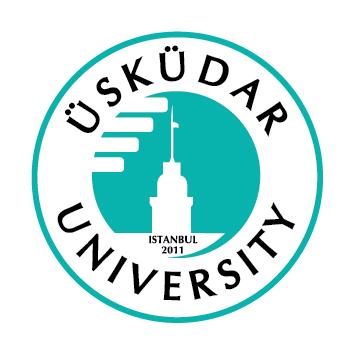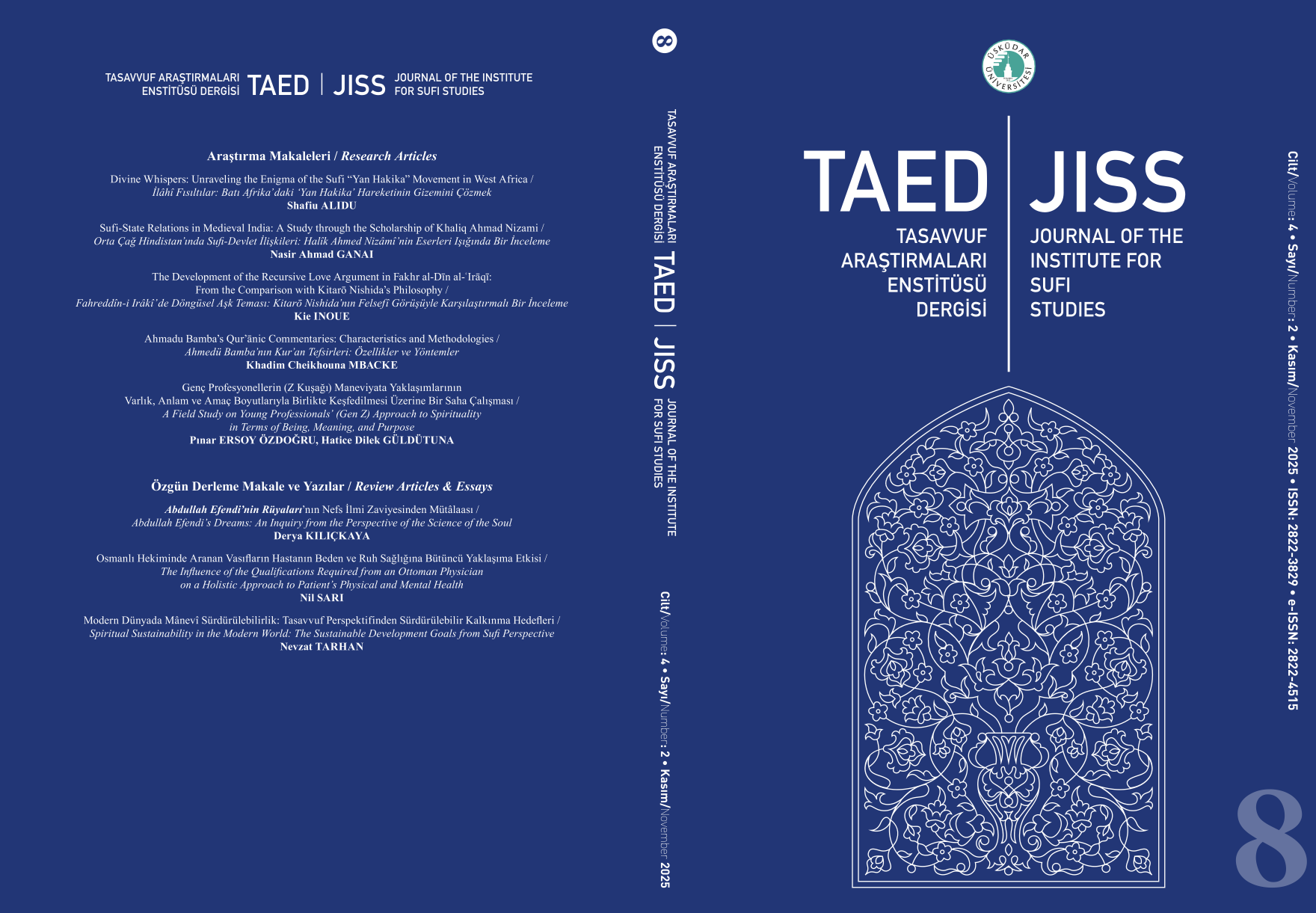Ethical Principles
Download PDF version: Ethical Principles
Download PDF version: Copyright Agreement and Acknowledment of Authorship Form
The author(s) agree and undertake that,
a) the article submitted to the journal is an original work,
b) the corresponding authors have individually participated in this study and take full responsibility of it,
c) all authors have seen and approved the final version of the submitted manuscript,
d) the article has not been published or submitted for publication elsewhere before,
e) the text, figures and documents in the article do not infringe the copyrights of third parties,
f) during the on-going review process, which begins right after the evaluation of the editorial board, cannot withdraw the article arbitrarily.
The Author(s) hereby grant the Publisher permission to publish this intellectual work under a Creative Commons Attribution-NonCommercial 4.0 International (CC BY-NC-ND 4.0) licence. (The CC BYNC-ND 4.0 license permits sharing, copying, reproduction, and adaptation of the work in any size and format except for commercial use. However, it does not authorize new versions of the work including remixing, transforming, and building upon the work, nor the sharing thereof.)
Patent and intellectual property rights, including copyright of the author(s) or the author(s)’s employer, if any, are reserved.
The author(s) have the right to reproduce, copy and redistribute the article in any media and in any format, including postal and electronic means. Commercial rights arising from the article belong to the author(s). The use of any part of the article in another publication is permitted only if the Journal of the Institute for Sufi Studies (JISS) is addressed as the publisher and the Journal is cited.
The journal is a double-blind, peer-reviewed publication published twice a year in May and November, available in print and online. The journal’s languages are Turkish and English.
Language
The Journal of the Institute for Sufi Studies (JISS) accepts articles in Turkish and English.
Instructions for Authors
Journal of the Institute for Sufi Studies (JISS) Scope
The Journal of the Institute for Sufi Studies of Uskudar University is focused on the thought, history and literature of Sufism, including research and articles about the philosophical, social, cultural, anthropological, and artistic aspects of these topics.
Purpose
The Journal aims to contribute to the academic field of Islamic Studies through a focus on Sufi Studies, while also bringing forward Ottoman Sufi thought and Sufi perspectives on Islamic civilization. At the same time, through an interdisciplinary approach, the Journal aims to expand the accepted bounds of disciplines by providing the opportunity for the various fields to work together when thinking of the myriad topics related to Islamic and Sufi Studies.
Submission Types
The work that is sent to the Journal must be no more than 8000 words, excluding the references (bibliography) section. The work that is sent is first evaluated based on its adherence to the publication rules by the journal secretariat. It is then evaluated by the Editorial Board in terms of its purpose, topic, content, presentation and writing style. All submitted work is expected to fit the basic criteria listed below:
a) An original work that has not been done before
b) Prepared using current methods
c) Contributing to its field by presenting new concepts and methods
d) Advanced scientific competence
e) Clearly expresses the methodological foundation on which it is built
f) Allows for different perspectives and thoughts
g) Productive enough to open the path for further work on its field and topic
1. Research Paper
This is the most common article type where data obtained from an original study is presented in a detailed manner. It is composed of sections such as hypothesis, method, result, data analysis and discussion. It is preferred that the work be not less than 5000 words. The article is evaluated through a blind review process.
2. Compilation and Literature Review Articles
These are articles written by way of reading, evaluating, and commenting through comparative analysis on findings presented in a sufficient number of scientific studies already done. It is recommended that the work be no longer than 5000 words. The article is evaluated through a blind review process.
3. Conference & Symposium Proceedings
These are works prepared for the purpose of presenting specific academic topics in its myriad dimensions at national or international academic meetings arranged to bring together experts of the field. In particular, translations into Turkish of these proceedings will be included. It is recommended that the work be no longer than 4000 works. Submissions in this category are evaluated by the Editorial Board.
4. Book Reviews
Book reviews introduce works such as a compilation, a monograph, scientific meeting, or article, and then engage in constructive criticism of the topic at hand as well as the work in which it is presented. It is recommended that the work be no longer than 1500 words. Submissions in this category are evaluated by the Editorial Board.
5. Other Original or Compilation Articles/Writings
Original or compilation articles that have not been published elsewhere may be published in the Journal following an evaluation by the Editorial Board without being sent for blind review. Essays by experts of the field, specific topics, and writings on the areas of interest and academic activities of the Institute for Sufi Studies may be considered within this category.


